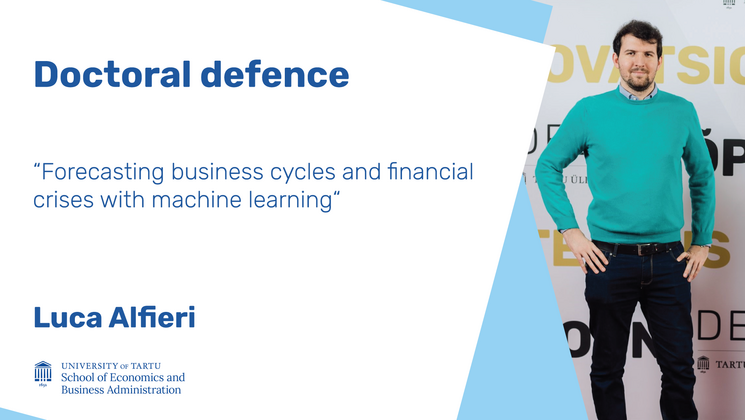Research news: good conflicts, social stratification, active lessons and wetland gases

Social sciences
Considerate behaviour and reaching a solution can turn a conflict into a good experience
Conflict is usually seen as a negative phenomenon, but why this is so and whether a conflict can also be positive in some cases needs to be explored. In the study by University of Tartu researchers, adults were asked to narrate conflicts they have experienced and explain what made the conflict a positive or a negative experience. The respondents evaluated the experience based on how they saw the conflict process, its outcomes, and how they felt about what happened.
In the case of negative conflict experiences, features such as negative behaviour, undesirable outcomes and negative emotions were equally important. Conflicts which were resolved and led to the desirable outcome were most often considered positive. At the same time, considerate behaviour was an important feature. The results show that adults can rather easily find reasons to see the conflict as negative. But if they are guided to think about it, they will also be able to describe the positive effects of conflict.
Read more in the article published in Conflict Resolution Quarterly.
Further information: Anni Tamm, Research Fellow of Developmental Psychology, anni.tamm@ut.ee
Pirko Tõugu, Research Fellow of Developmental Psychology, pirko.tougu@ut.ee
Arts and Humanities
Stigmas and stratification have long-term consequences
Stigmas and actions that promote or tolerate stratification have far-reaching and lasting consequences in society. Although 30 years have passed since the socialist era in Estonia, and the association of Estonia with post-socialism seems to have diminished, these concepts continue to impact stratification both within the country and in the rest of the world. It increases the desire of people experiencing social dispossession to distance themselves from each other, their home region or even their homeland to regain some sense of self-worth.
With migration to western Europe, people acquire opportunities to renew their symbolic and social worth: to paint an image of their desired life abroad for their families or rebuild social relations at home on new foundations thanks to better income. At the same time, the study reveals that the shadow of post-socialism and dispossession continue to follow the migrants. Negative attitudes towards people from post-socialist regions are embedded in a wider global development hierarchy and require them to adopt different strategies to distance themselves from their homeland or other migrants.
Read more in the article published in Critique of Anthropology.
Further information: Aet Annist, Associate Professor of Ethnology, aet.annist@ut.ee
Medicine
Children can be encouraged to be more physically active even in academic lessons
Studies have shown that children and adolescents lack physical activity. In addition to active breaks and physical education classes, other school lessons can be an effective way to increase physical activity and reduce sedentary time. This can be fostered by offering teachers training on how to integrate physical activity into their lessons.
University of Tartu researchers studied the development and implementation of the Active Lessons teacher training module. They collected both individual and group feedback from teachers, observed lessons, assessed the integration of physical activity in the lessons and carried out a follow-up study among 132 teachers who had completed the two-day Active Lessons training course. The study revealed that 98% of teachers try to follow the principle that students do not sit for 45 consecutive minutes. Also, 98% of teachers agreed that students enjoy physical activity during academic lessons as it makes the learning process more interesting. At the same time, the study shows that teachers need additional support to integrate physical activity into their lessons.
Read more in the article published in Sustainability.
Further information: Maarja Kalma, Specialist at the Move Lab, maarja.kalma@ut.ee
Science and Technology
Impact of wetland gases on climate is more complex than thought
Wetlands are known to have a warming effect on climate. Microbial processes in wetland soil produce methane, a potent greenhouse gas and thus a warming agent. However, in addition to methane, the wetland microflora and fauna also produce plenty of other organic compounds – including some that are oxidised in the atmosphere and create a wealth of new atmospheric aerosol particles. These, in turn, grow into cloud droplets and cool the planet. Researchers were surprised to find that the formation of these particles is stronger in the atmosphere above wetlands than above the forest.
Read more in the article published in Communications Earth & Environment.
Further information: Heikki Junninen, Professor in Environmental Physics, heikki.junninen@ut.ee






